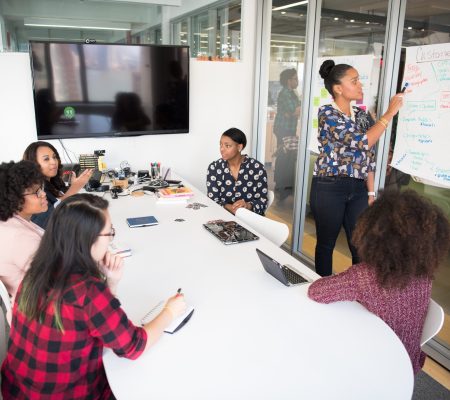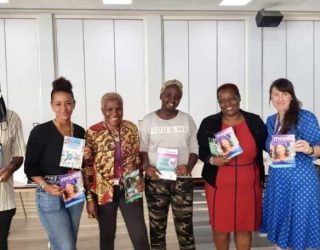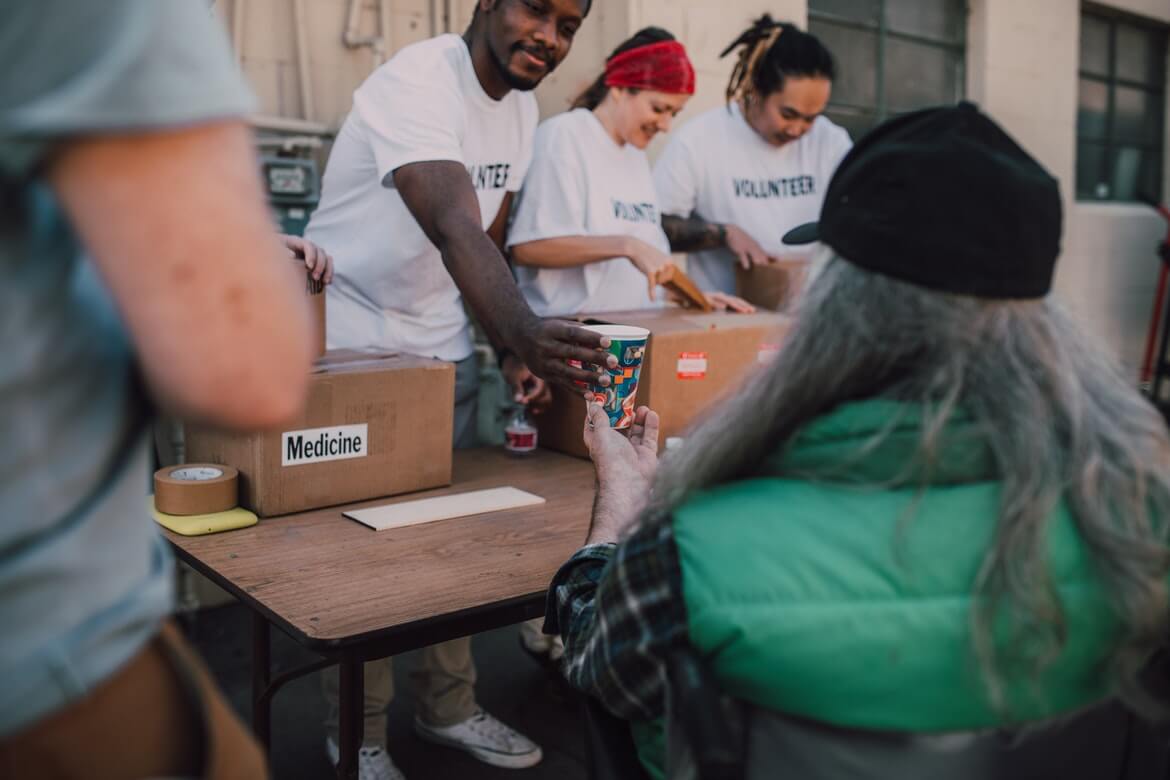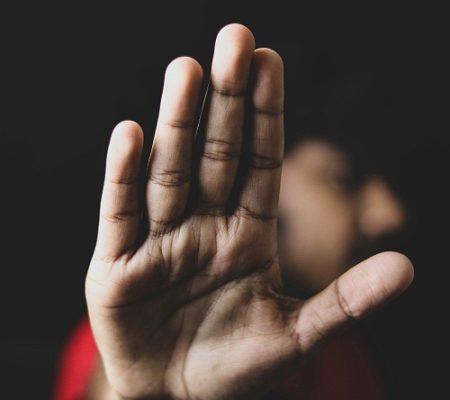

Sexual and Gender Violence
Utulivu recognises five types of sexual and gender-based violence, which are sexual violence, physical violence, emotional and psychological violence, harmful traditional practices and socio-economic violence. However, based on our organisation’s expertise, Utulivu’s work focuses on Female Genital Mutilation (FGM), domestic violence, forced marriages and trafficking i.e. violence against women and girls.
Utulivu focuses on raising awareness of female genital mutilation by working with affected communities, healthcare professionals and front line service providers like schools, police and with organisations working at policy level. We have also developed and published many resources including an online training module on FGM, in collaboration with transnational organisations which aims to educate professionals, people in the media and people working in healthcare and law enforcement.
We Can Stop Sexual & Gender Violence Through Unity
Utulivu is committed to ending violence against women and girls and works with a range of stakeholders to ensure victims and those at risk access appropriate support.
Based on our organisation’s expertise, we focus on tackling FGM, domestic violence and supporting survivors with mental health and wellbeing needs to cope and address the causes and effects of sexual and domestic violence.
Utulivu also conducts research on issues like domestic violence, rape and trafficking which particularly affect women. We work with local and regional partners in providing a variety of training, awareness raising and engagement programmes including those that target young people such as Your Best Friend project that works with younger girls in tackling toxic relationships.
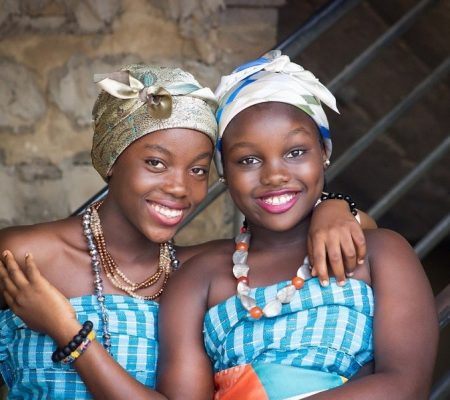
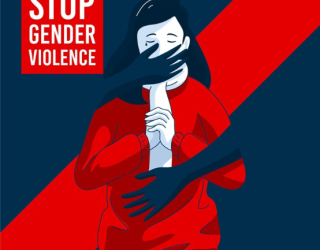
Ending Sexual & Gender Violence Activities
Tackling FGM
Awareness
Training
Support
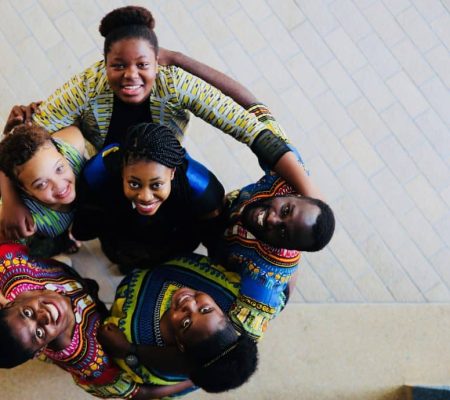
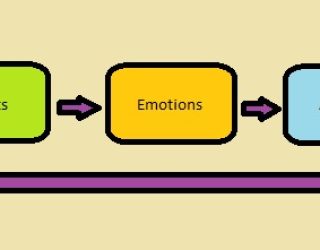
Tackling Female Genital Mutilation (FGM)
Female Genital Mutilation (FGM) comprises all procedures that involve partial or total removal of the external female genitalia, or other injury to the female genital organs for non-medical reasons. It is also sometimes referred to as female genital cutting or female circumcision and is usually carried out on girls between the age of infancy and the beginning of puberty, and sometimes in adulthood. There is no health benefit to FGM and it is recognised internationally as a human rights violation.
In the UK, FGM is illegal since 1985. Those who carry out the procedure or who arrange for a girl to travel abroad in order to undergo FGM are at risk of a large fine and a prison sentence of up to 14 years.
Awareness, Training & Support
We raise awareness on FGM by working with affected communities, healthcare professionals and front line service providers like schools, police and with organisations working at policy’s level. We have developed and published many trainings and awareness raising resources, in collaboration with transnational organisations, aimed at educating professionals in health, media, education, immigration and law enforcement. Utulivu also conducts research on issues like domestic violence, rape and trafficking which particularly affect women.
